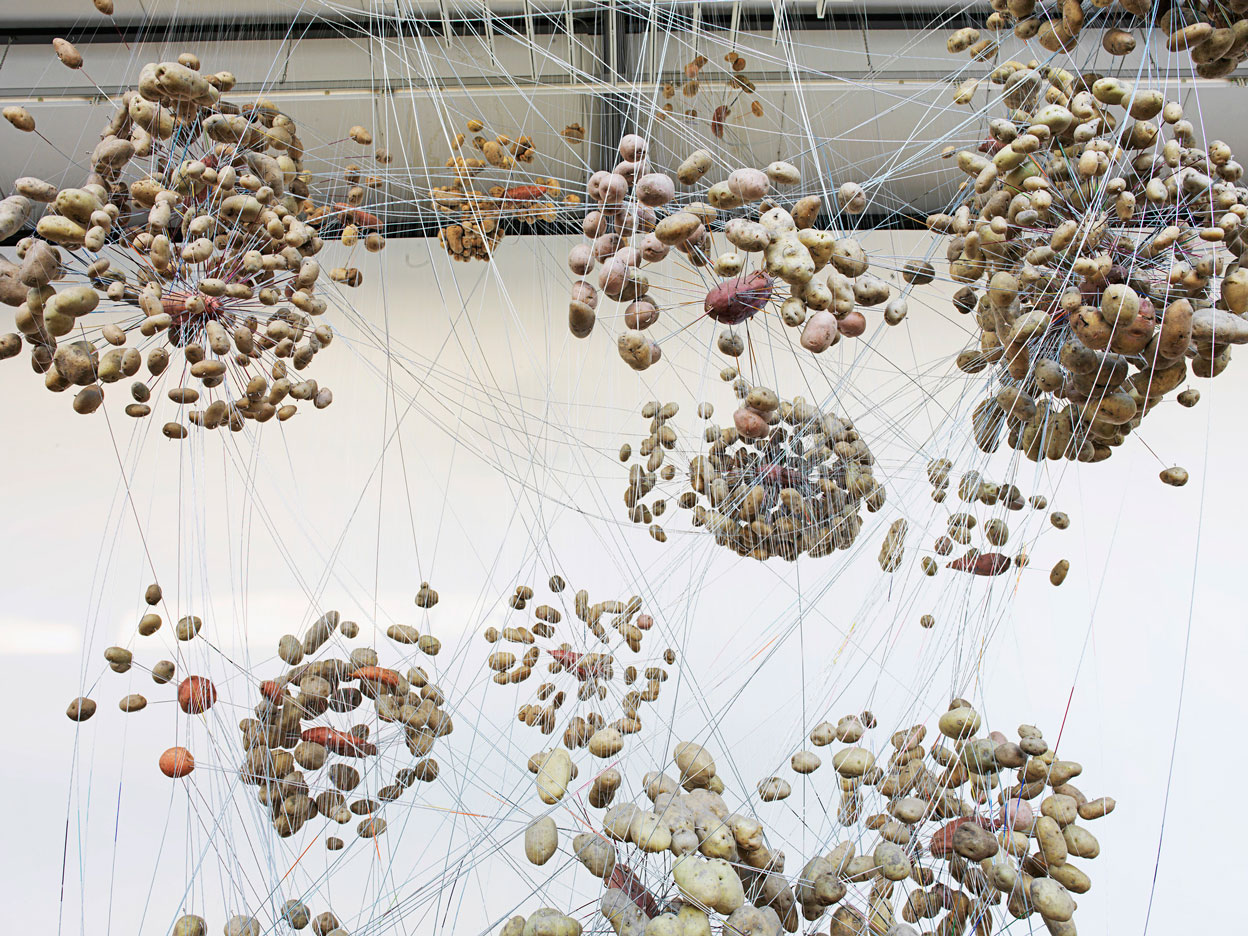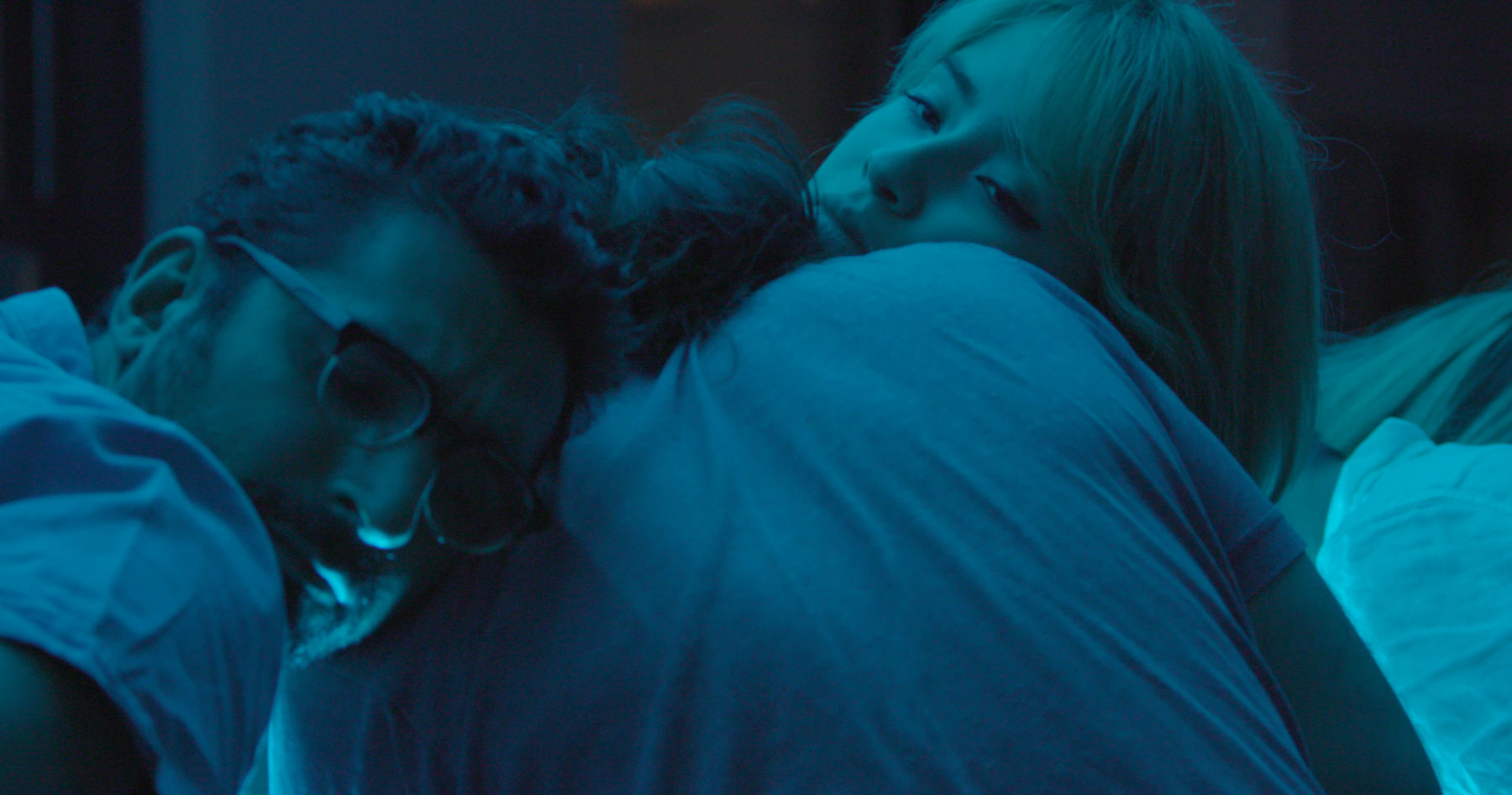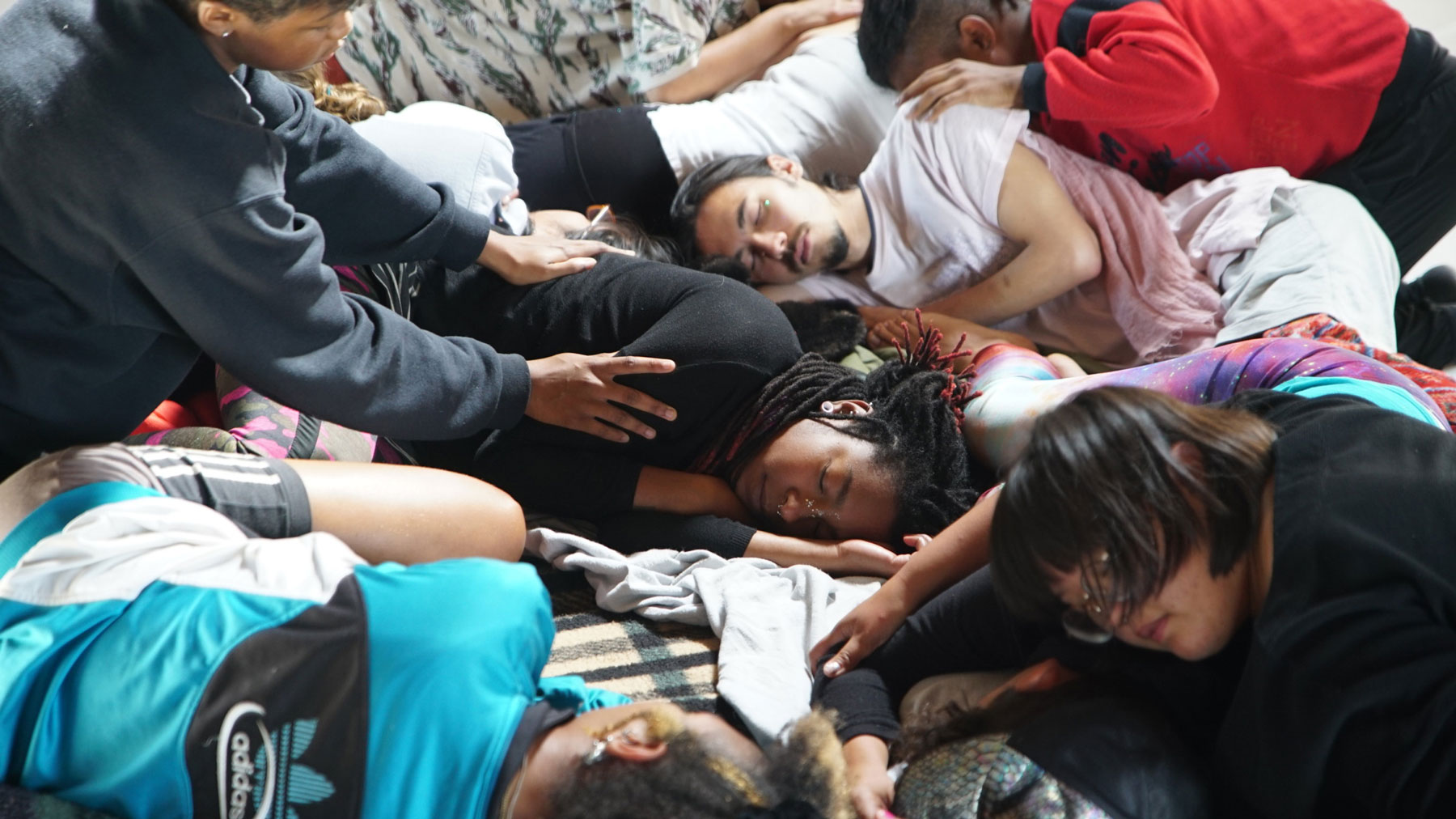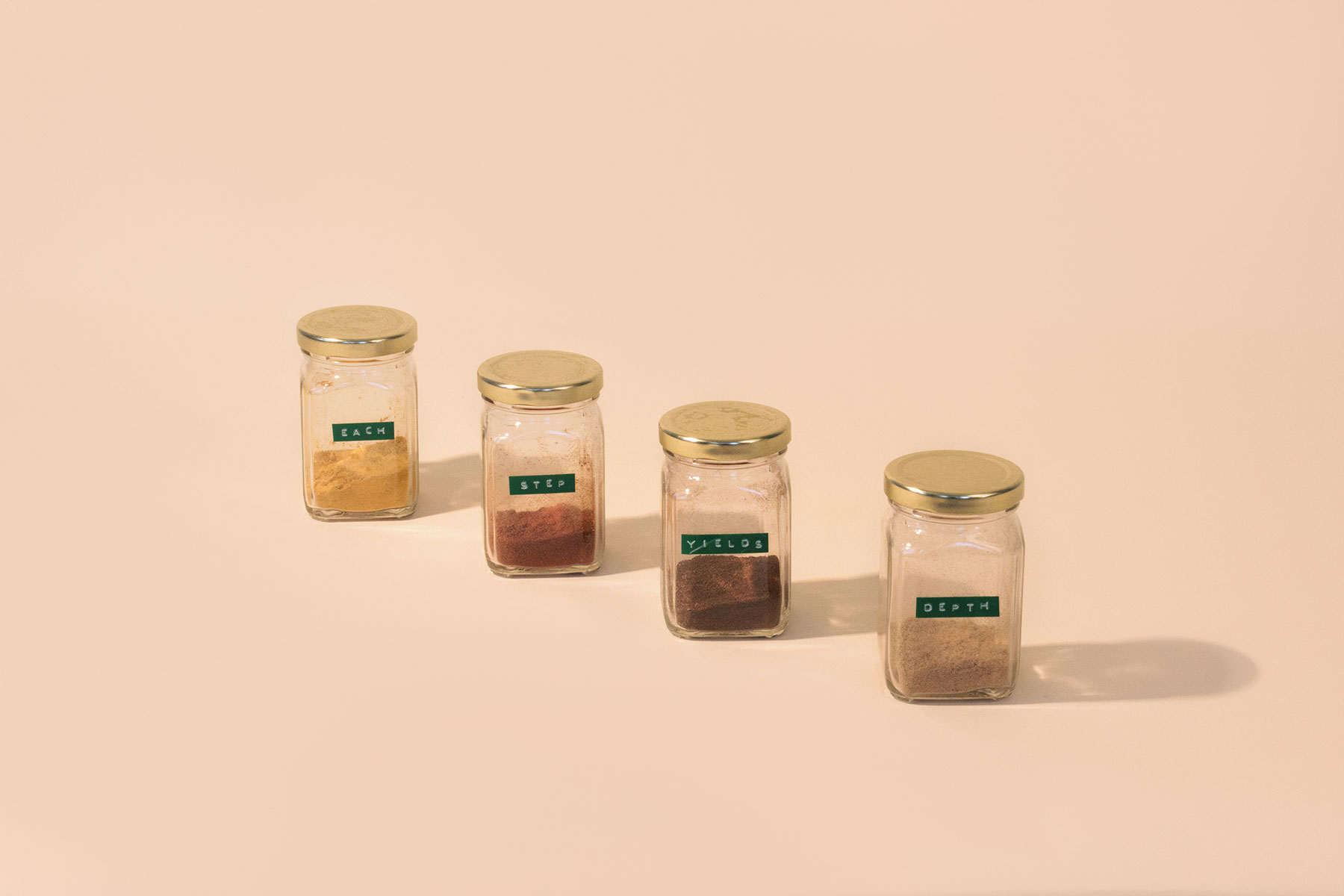ART-PRESENTATION: Trainings for the Not-Yet
 “Trainings for the Not-Yet” is a project convened by artist Jeanne van Heeswijk. An exhibition that unfolds through a series of trainings in civic engagement, radical collectivity, and active empowerment, the project brings together collaborators from various fields and communities to create and practice alternative imaginings of being together in the face of the pressing emergencies that shape the world today.
“Trainings for the Not-Yet” is a project convened by artist Jeanne van Heeswijk. An exhibition that unfolds through a series of trainings in civic engagement, radical collectivity, and active empowerment, the project brings together collaborators from various fields and communities to create and practice alternative imaginings of being together in the face of the pressing emergencies that shape the world today.
By Efi Michalarou
Photo: BAK Archive
“Trainings for the Not-Yet” is part of the long-term BAK research itinerary “Propositions for Non-Fascist Living” (2017- ). In response to BAK’s (BAK, basis voor actuele kunst ) question, “how to be together otherwise?” and in spite of the threatening amalgamate of the ecological, political, social, and economic emergencies that define the present, van Heeswijk proposes to shift the emphasis from emergency to emergence. Seeking to radicalize the possibility of BAK as not only an art institution but a truly collectively shared basis from within which the contours of another world and another future of the not-yet can emerge, the artist turns it into a site of transversal community-to-community exchange and trainings, aligning the “fields” of social action, art, and theory. Over the course of nearly a year, van Heeswijk has reached out to a myriad of individuals and communities across geographies, practices, movements, and “disciplines.” Some of these encounters have taken place as public assemblies in an ongoing series BAK, basis voor… (such as BAK, basis voor New Women Connectors and BAK, basis voor Extinction Rebellion), joining forces with movements and organizations in tackling shared urgencies and developing alternative propositions. The forthcoming culmination of this trajectory, “Trainings for the Not-Yet”, is an exhibition that evolves through a series of trainings organized in weekly chapters. The trainings range from “dreamscaping” to radical listening, from creating sanctuary to enacting radical care, from fighting housing struggles to building solidarity economies, and from composing intersectional alliances to becoming collective. They take place amid and with artworks by van Heeswijk as well as by an array of international artists engaged in social change and modeling collectivity. Van Heeswijk sees these works as learning objects. Meant to be used and accommodated by and in the trainings, they are living repositories of knowledges, stories, and experiences; the tools-in-wait for activation in difficult conversations and joyful praxis; and the archives of past and future anticipations of what “we” want to become when practicing visions of transformative justice, equality, dignity and love, care, resilience, collective power and sharing, and the relationality spawning alternative possibilities. Van Heeswijk’s works include objects and environments from some of her pivotal past and ongoing projects. Chloë Bass’ “Each Step Yields Depth” is a language-, translation-, and memory workshop based in the kitchen. The training invites participants to share words about food, recipes, cooking techniques, and kitchen stories from their culture, either as they live it in the present day, or as they remember it in the past. “As a tentative learner of foreign languages,” says Chloë Bass, “I often learn food words before any others, and retain these words longer, even if I’m not using the language in my daily life. I’m hoping we can get to know each other more deeply by starting with the foods we cook, the way we cook them, and the stories they evoke”. In this training, participants are trained in recipe writing, cooking techniques, food-related words, and gathering memories around a communal meal or the shared tasks of cooking, as well as in deep listening techniques. Participants also train the trainer in these skills. Nancy Jouwe & Denise Valentine’s “Unforgetting & Reconnecting” is a process of deep reflection, inquiry, and investigation, done to build or peel back, layers of context in the explication of history and the (re)construction of personal and social identities. Encounters with painful aspects of history concerning race, especially those relating to slavery and other so-called difficult knowledge, can provoke Black shame and anger as well as White fear and guilt. Historical dissonances of the majority and historical traumas of minorities have led in part to partisan, religious, and ethnic conflict around the world. Reparation and healing require liberation from the past and going beneath the surface, beyond the facts and figures, in ways that acknowledge context and uncover social meaning. “Historytelling” combines rigorous narrative inquiry with the power of performative oral storytelling as a mode of knowledge exchange. This training utilizes maps, timelines, street names, landmarks, oral histories, archival material, and personal histories to uncover connections to ancestral homelands and historical parallels between old and new landscapes. In the words of Jouwe and Valentine: “Perhaps in the process, we will collectively remember that we are part of the intricate web of interaction that connects all life. And, that we, ourselves, are agents of history and social change”. Other learning objects comprise works such as Patricia Kaersenhout’s “Formats of Care in Times of Violence” (2019); Adelita Husni-Bey’s “Agency” (2014); Carmen Papalia’s “White Cane Amplified” (2015); Ultra-red’s “Protocols for the Sound of Freedom” (2012) and Adrian Pipers’ “Funk Lessons” (1983) among others.
Info: BAK (basis voor actuele kunst), Pauwstraat 13a, Utrecht, Duration: 14/9/19-20/1/20, www.bakonline.org



